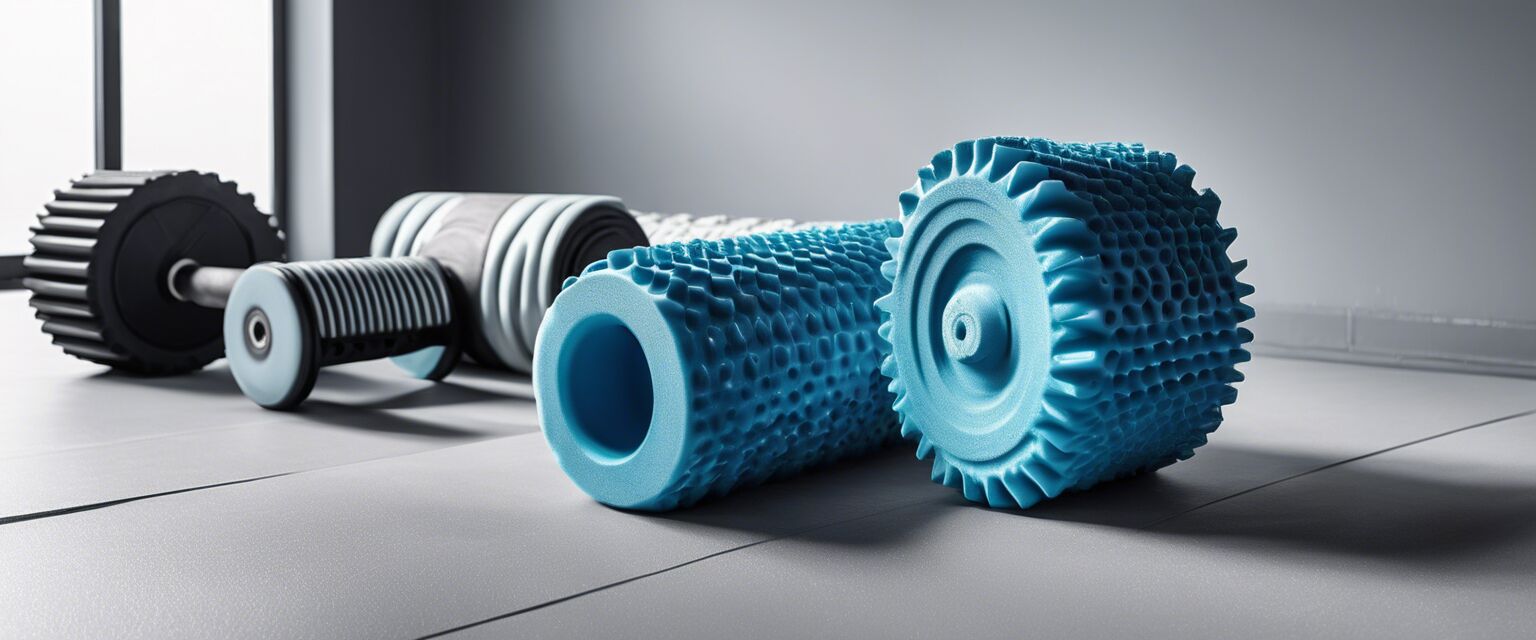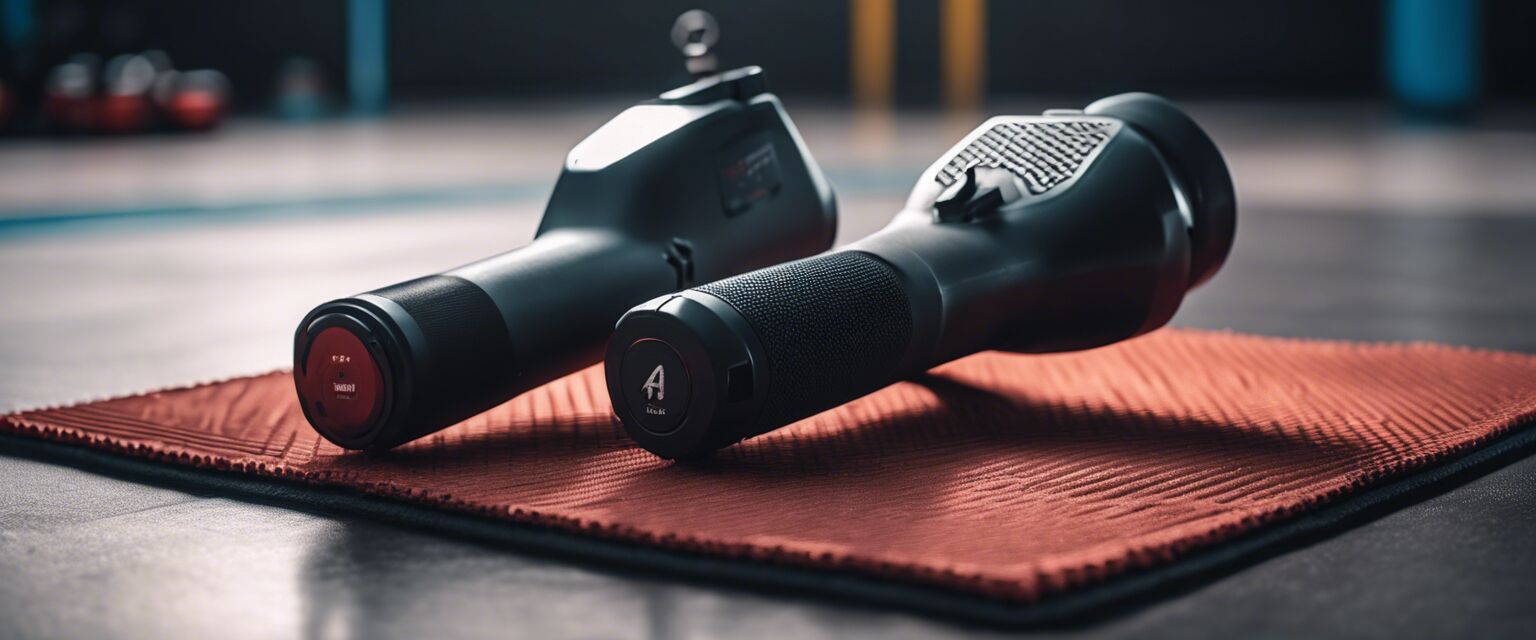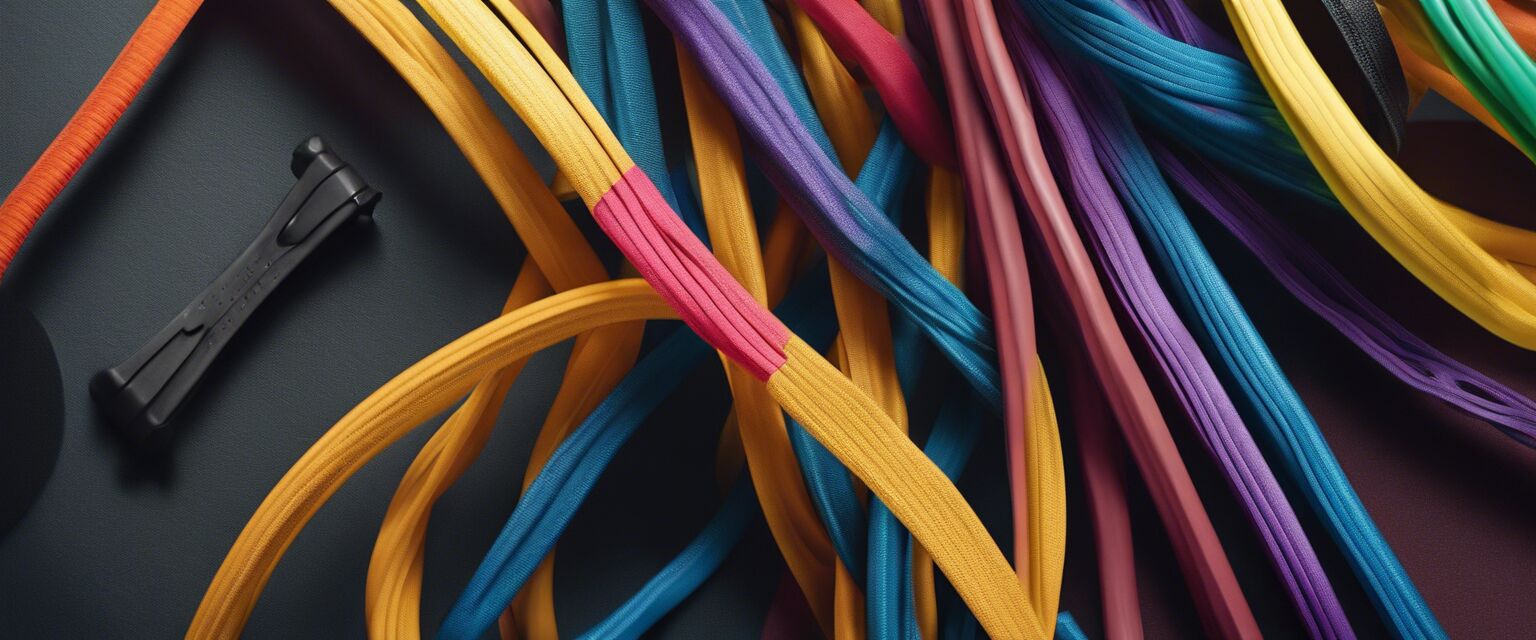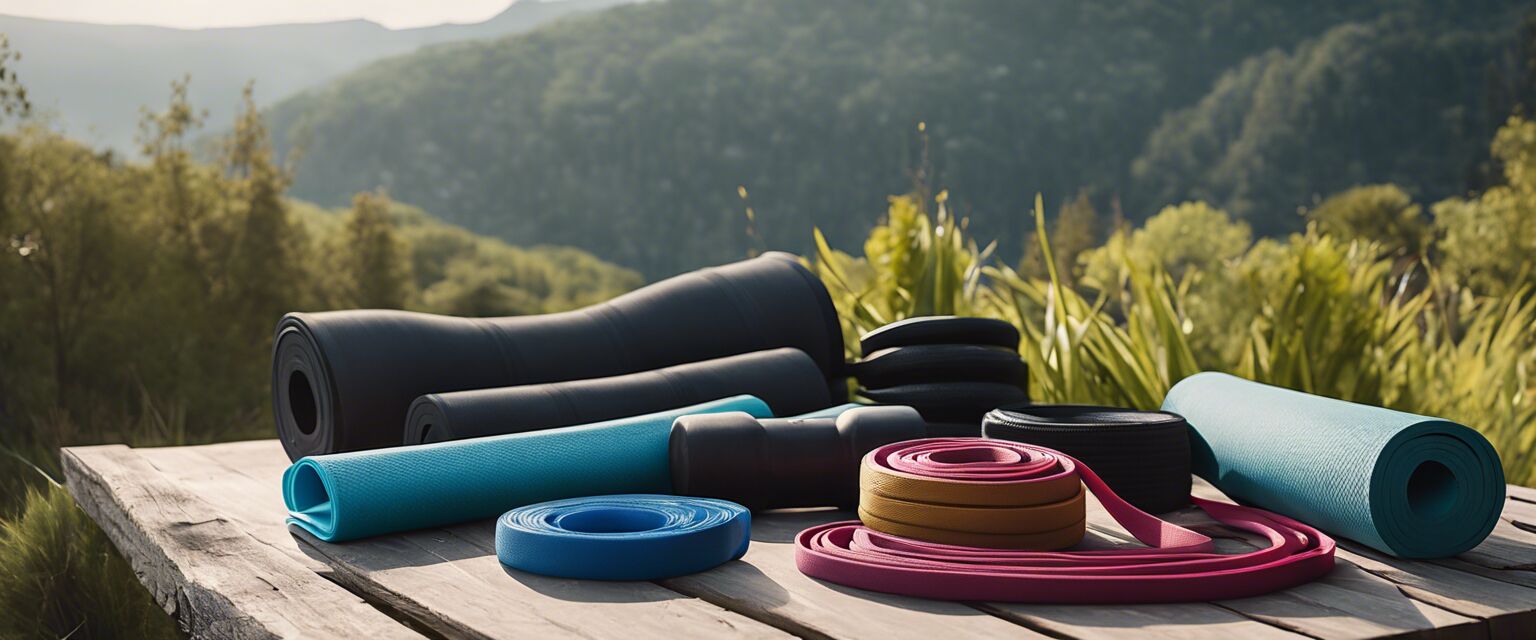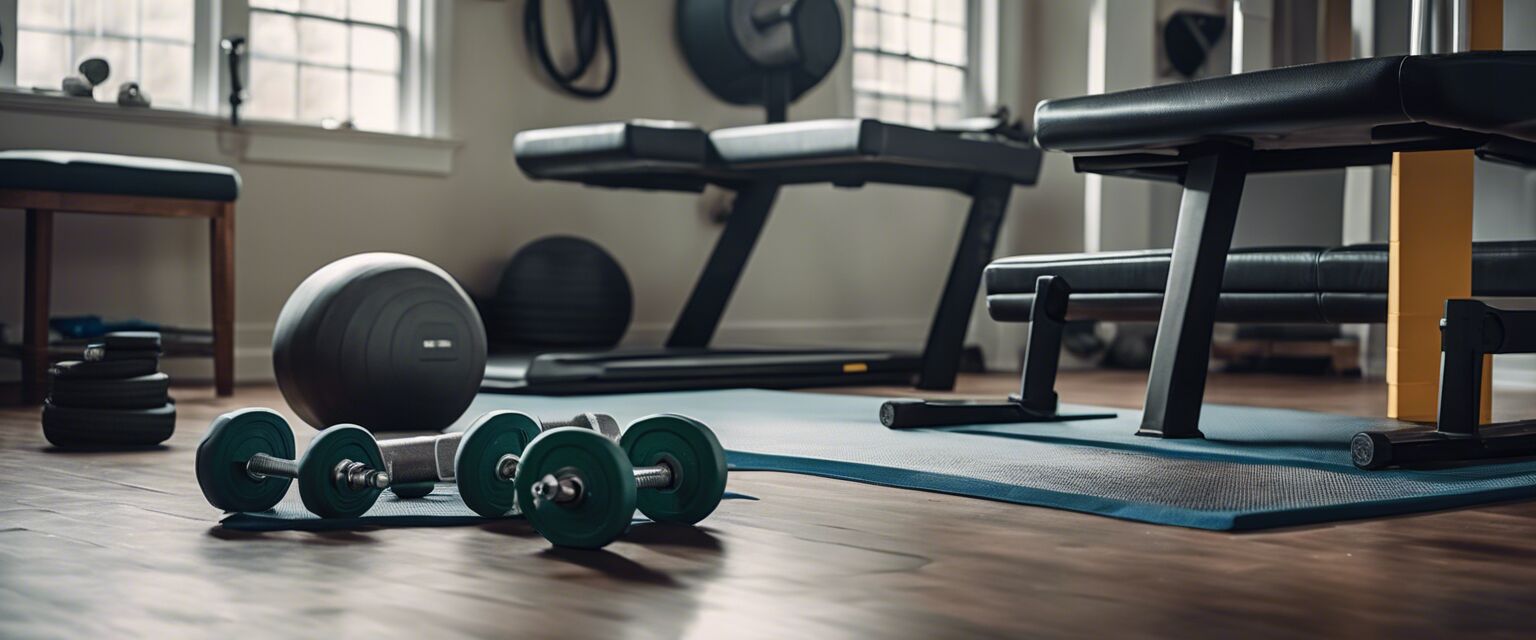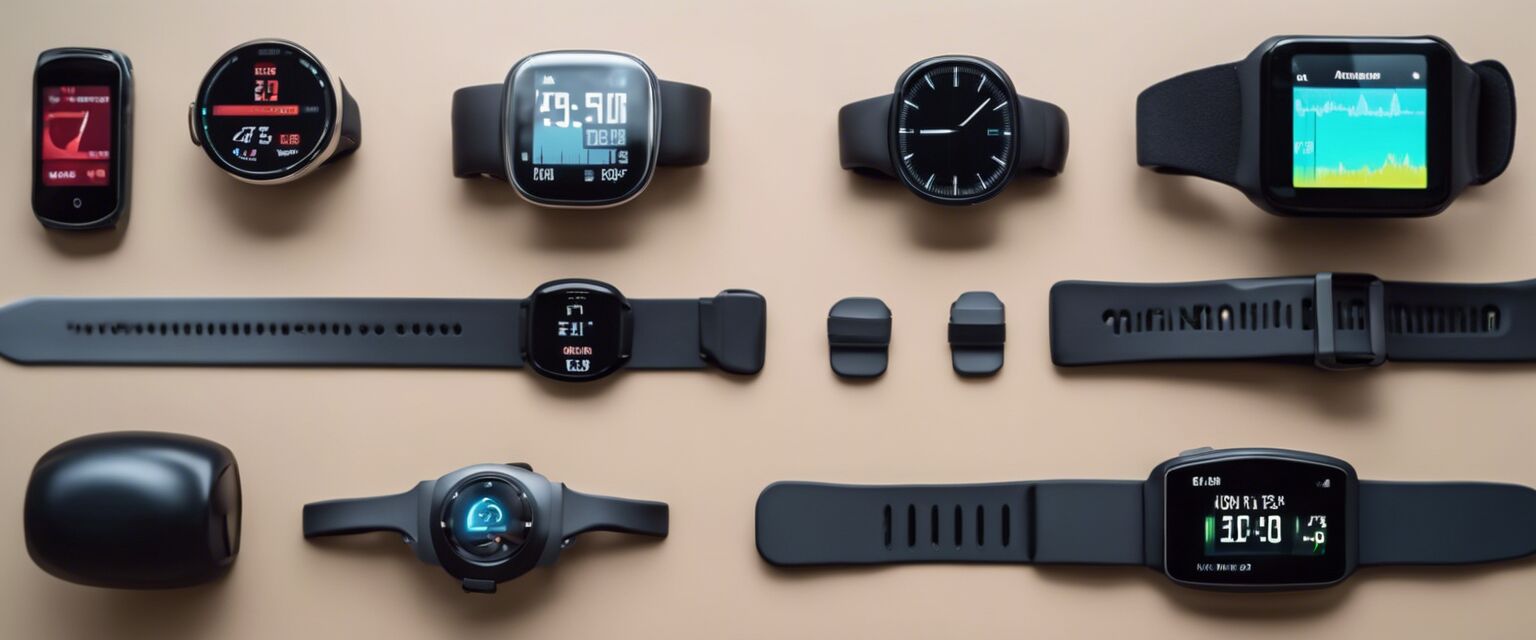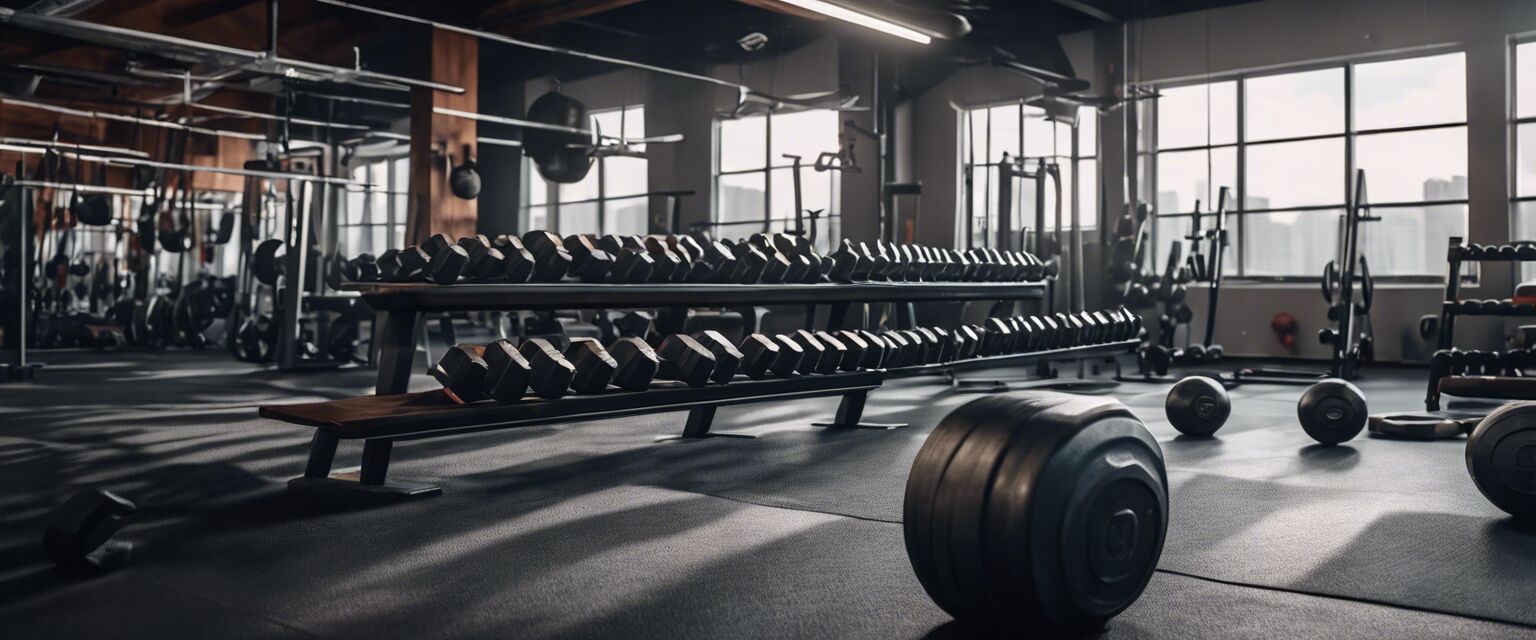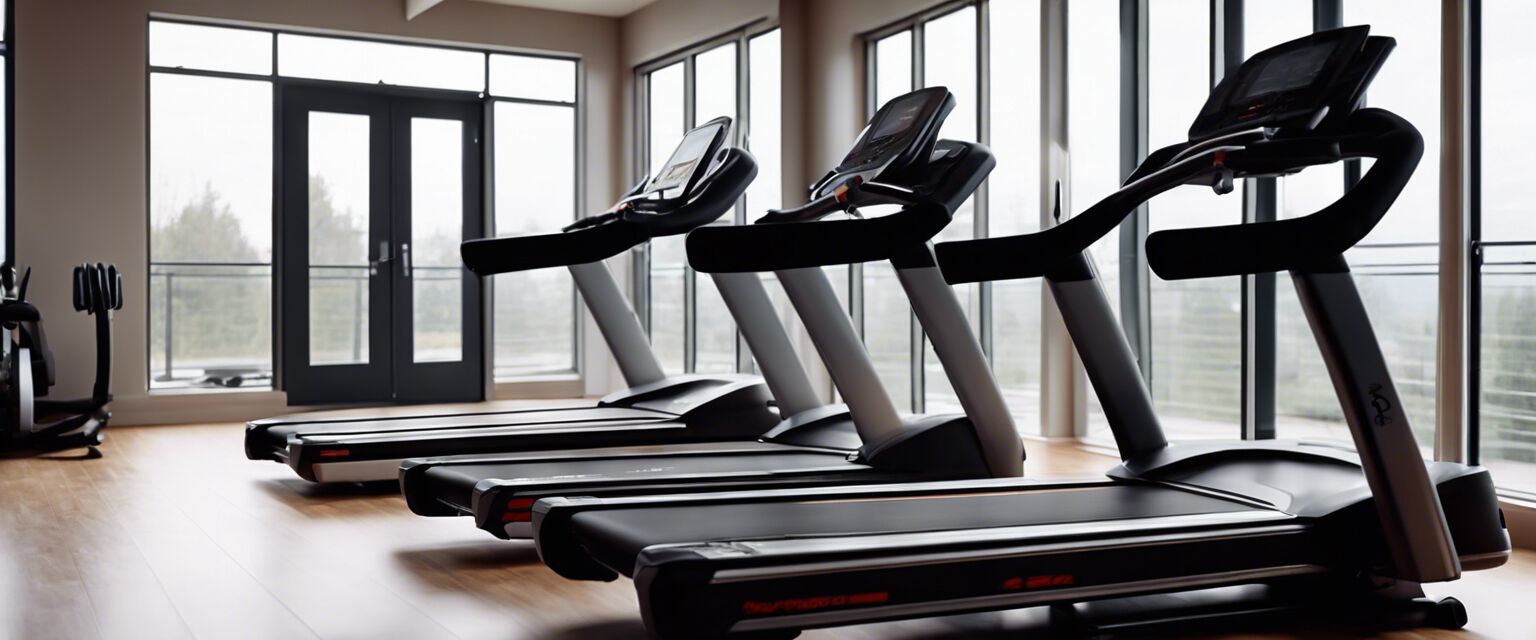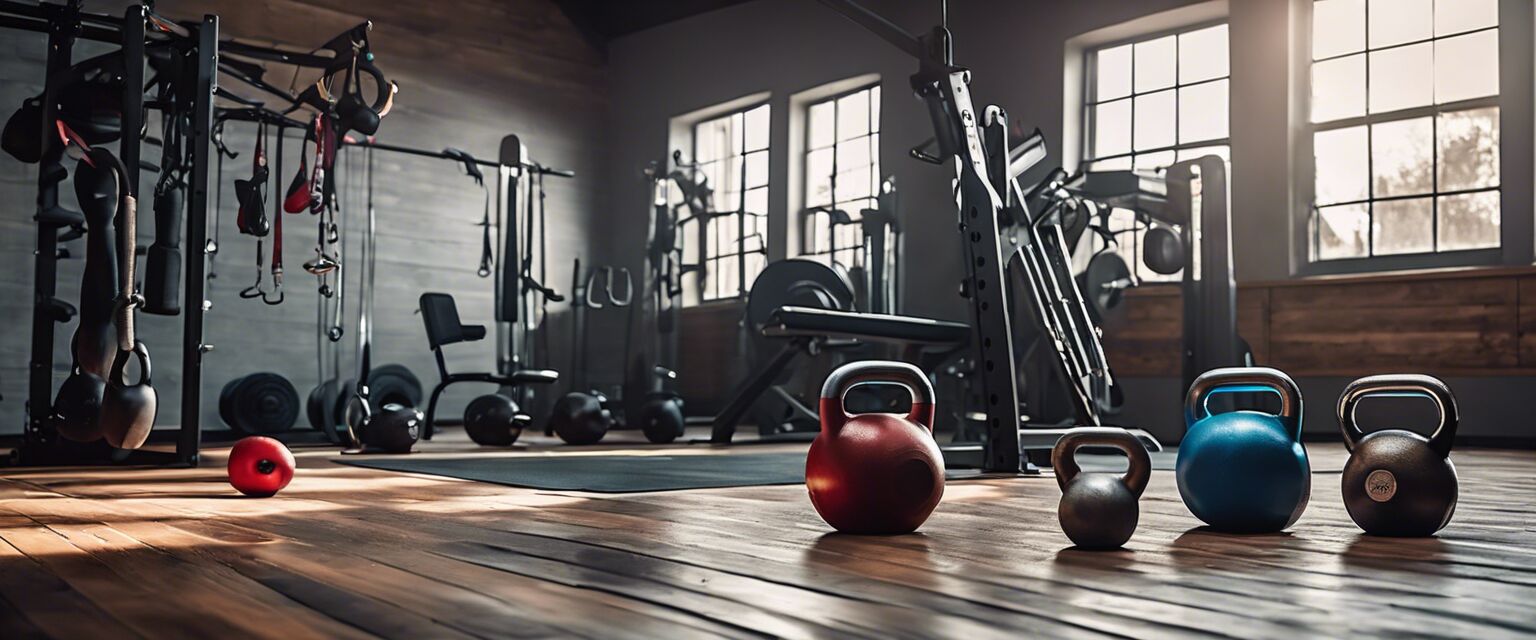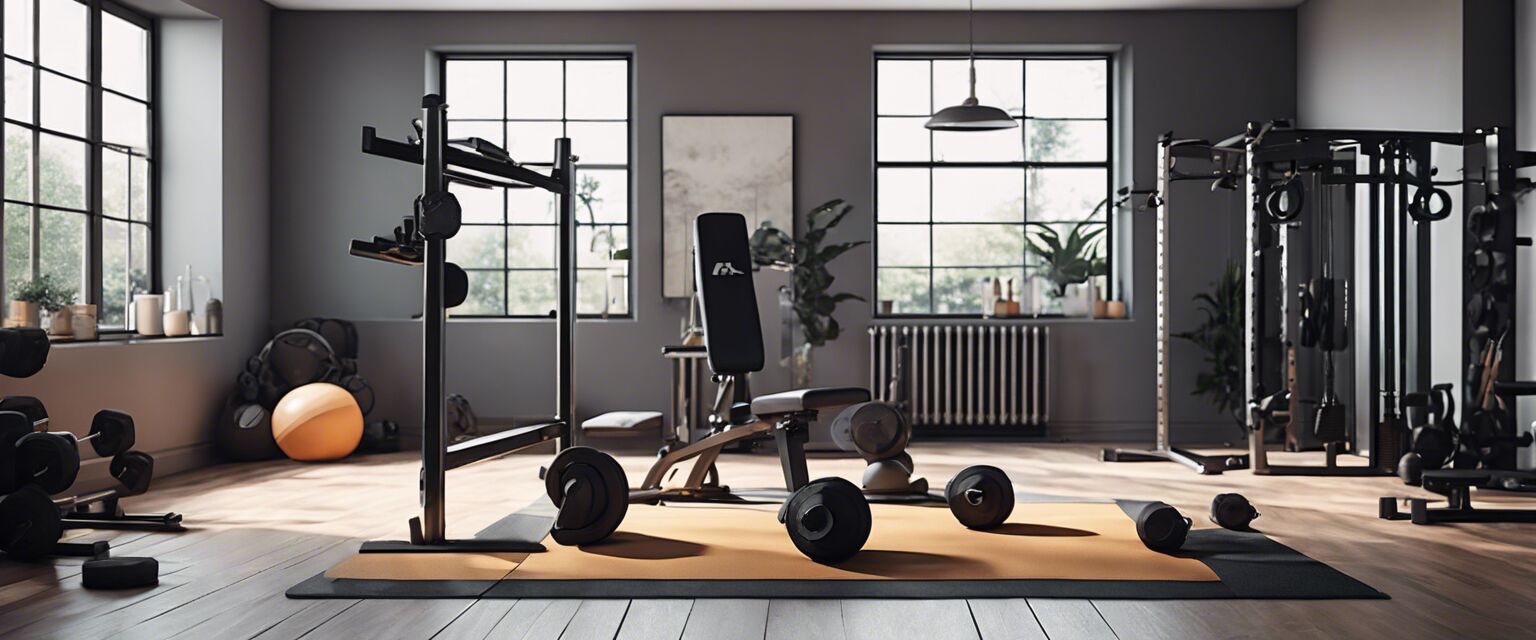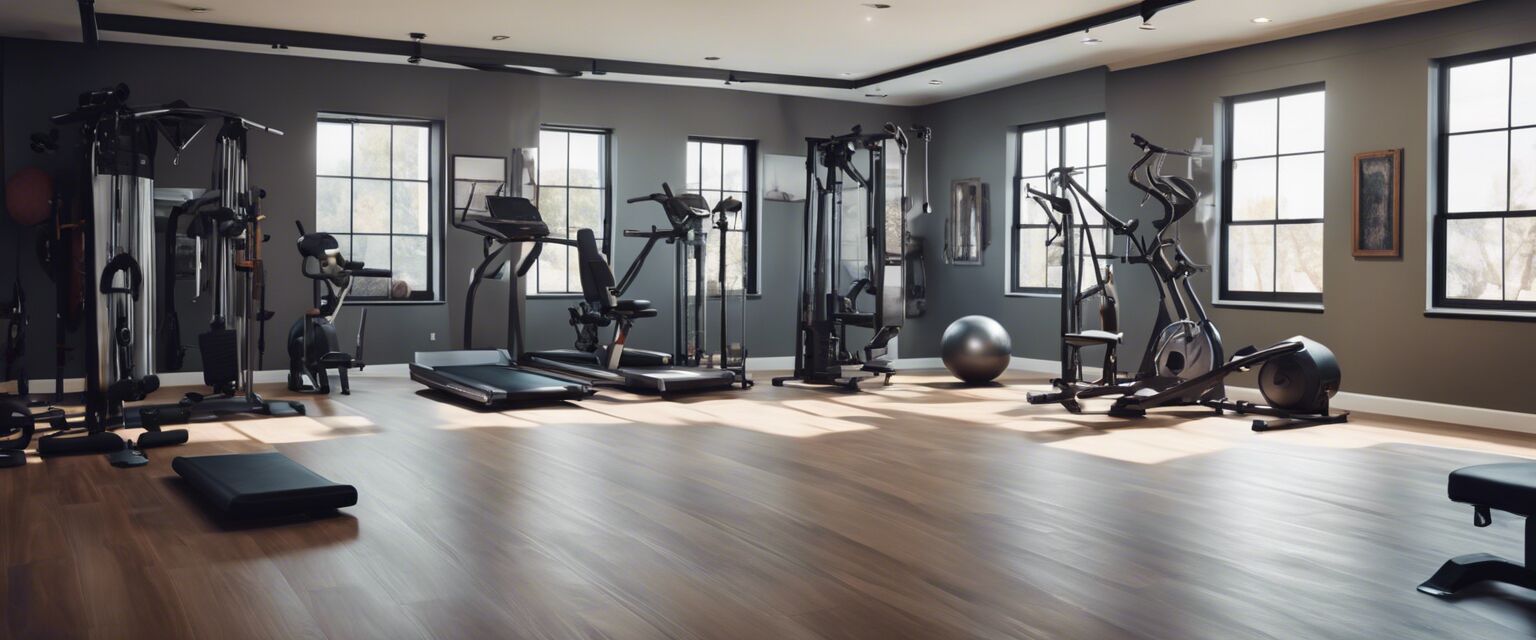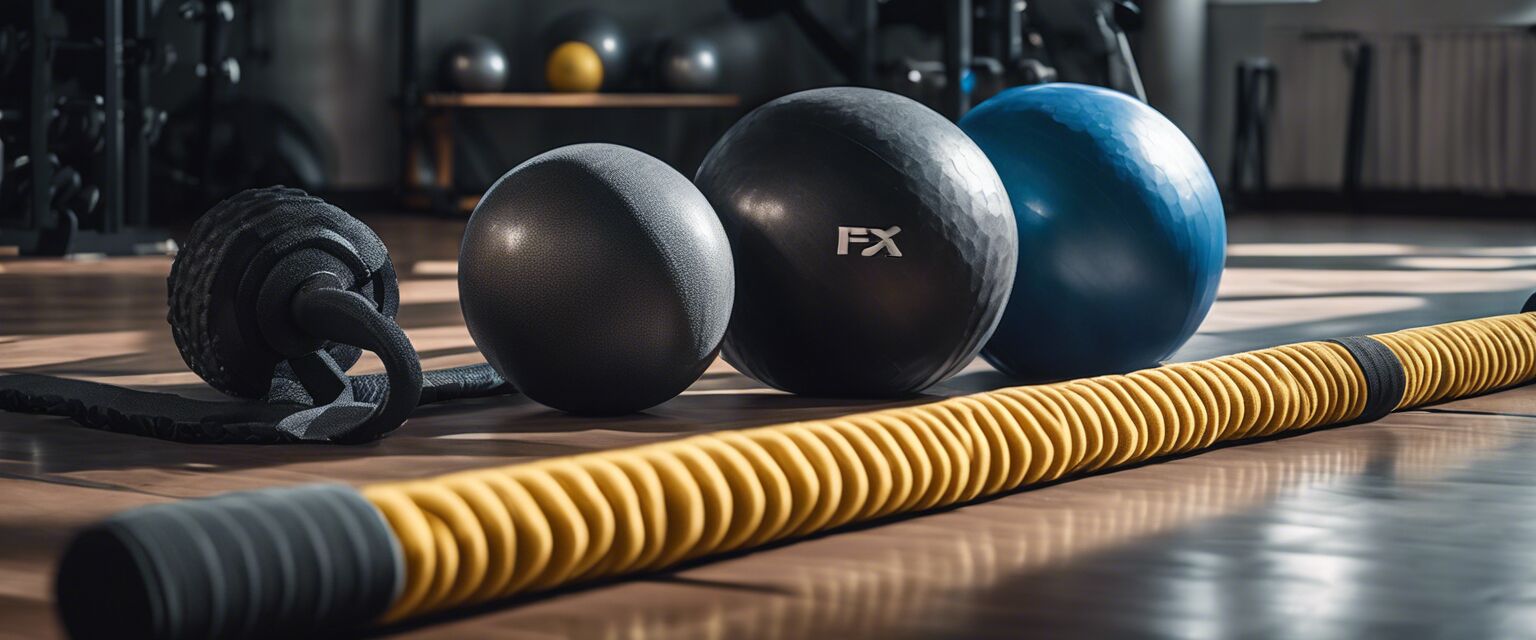
Recovery tools
Key takeaways
- Utilizing recovery tools can enhance muscle recovery and performance.
- Different tools serve various purposes, such as reducing muscle soreness and improving flexibility.
- Incorporating a routine with these tools can lead to better overall fitness results.
After intense workouts, recovery is essential to ensure that your muscles can repair and strengthen effectively. In this guide, we will explore various recovery tools designed to aid your post-workout routine and promote muscle care. From foam rollers to massage guns, we will cover everything you need to know about recovery tools and how they can benefit your fitness journey.
Why recovery is important
Recovery is a crucial yet often overlooked aspect of any fitness regime. Here are some reasons why focusing on recovery can help you achieve your fitness goals:
- Prevents injury by allowing muscles to repair.
- Aids performance improvements by reducing muscle soreness.
- Enhances range of motion and flexibility for better workouts.
Common recovery tools
Let's take a look at some of the most popular recovery tools available:
| Tool | Description | Benefits |
|---|---|---|
| Foam Roller | A cylindrical piece of foam used for self-massage. | Helps with muscle soreness and tightness. |
| Massage Gun | A handheld device that delivers rapid bursts of pressure. | Improves blood circulation and reduces muscle tension. |
| Resistance Bands | Elastic bands used for strength and flexibility training. | Enhances mobility and supports rehabilitation exercises. |
| Massage Ball | Smaller balls designed to target specific muscle knots. | Focuses on trigger points for deep tissue relief. |
Popular recovery methods
Aside from using specific tools, various methods can also enhance your recovery:
- Cryotherapy: Involves using cold temperatures to decrease inflammation.
- Hydration: Drinking fluids helps transport nutrients and aids in recovery.
- Stretching: Gentle stretching improves flexibility and reduces soreness.
How to create a recovery routine
Implementing a recovery routine can maximize the benefits of these tools and methods. Here is a simple guide to establish your routine:
- Schedule recovery days in your workout plan.
- Choose 2-3 recovery tools to incorporate regularly.
- Combine tools with methods like hydration and stretching.
- Listen to your body and adjust your routine as needed.
Sample recovery routine
| Day | Activity | Recovery Tool |
|---|---|---|
| Monday | Weightlifting | Foam Roller |
| Tuesday | Cardio Session | Massage Gun |
| Wednesday | Rest Day | Resistance Bands |
| Thursday | High-Intensity Training | Massage Ball |
Tips for effective recovery
Beginners section
- Start slow with one or two recovery tools.
- Focus on muscle groups that feel sore post-workout.
- Consistency is key; stick to your routine.
- Incorporate a mix of tools for overall effectiveness.
Pros and Cons of recovery tools
Pros
- Enhances recovery between workouts.
- Reduces muscle soreness and tightness.
- Improves flexibility and mobility.
- Encourages blood flow and circulation.
Cons
- May require a learning curve to use effectively.
- Some tools can be expensive.
- Improper use may lead to increased discomfort.
Final thoughts
Recovery tools are a fantastic addition to any fitness regime. By understanding their benefits and incorporating them into your routine, you can enhance your post-workout recovery and achieve your fitness goals more efficiently. Remember, what works best for one person may differ for another, so feel free to explore and find the right tools that suit your needs!
Explore more recovery-focused categories
If you're interested in more products that can aid your recovery, check out our Cardio Machines, Home Gym Essentials, and Yoga and Flexibility Accessories.
Further learning and resources
Continue enhancing your fitness journey by checking our other articles on Outdoor Fitness Gear, and Smart Fitness Gadgets.
